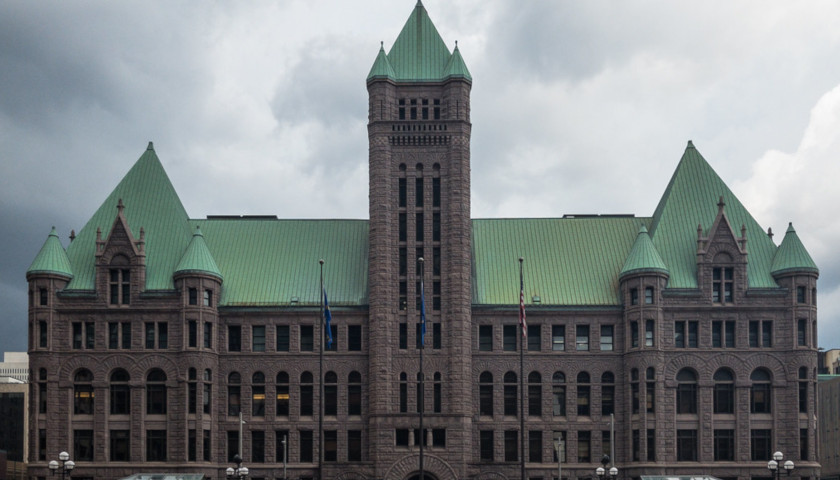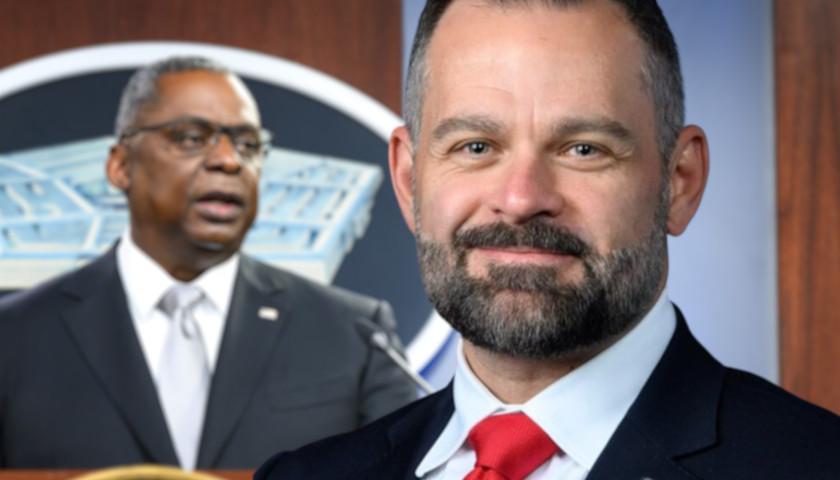Minneapolis is thinking of changing the way city staff and elected officials use their social media accounts.
In a draft plan obtained by The Star Tribune, Minneapolis’ communication staff explains that it wants more influence over social media accounts, including having elected officials use city-approved accounts that can’t block constituents. In these rule changes, the city would watch over these profiles as well.
Furthermore, all “new or proposed” city staff social media accounts must receive prior authorization and a social media officer would maintain a connection to the accounts.
These rules establish that city workers and elected officials can’t use their personal accounts for business pertaining to the city. The rules define an “employee” as anyone who works for the city including “consultants performing contract City Work, elected officials, interns, and volunteers.”
Minneapolis thinks the policy change is “long overdue” and said the government’s social media role has “dramatically changed.” The city created its official social media policy in 2011.
The city notes that government and elected officials are under constant scrutiny, so “more guidance and clarity” is needed.
Last week, Scott Neal, the city manager for Edina, apologized for a tweet some people found offensive.
Minneapolis is growing, but what happens when all of those young North Loopers start their families? Will they send their kids to Minneapolis Pubic Schools? Or, will they move to a town with great neighborhoods and schools, and an easy commute to work? https://t.co/M775v5WI35
— Scott Neal (@edinacityman) July 2, 2019
I am sorry for this tweet I made earlier today. It was not humble or well thought out. I have reached out to Minneapolis leaders to apologize. I am reminded we all take pride in where we live and send our kids to school. As a Minneapolis resident, I should have known better.
— Scott Neal (@edinacityman) July 2, 2019
The plan is set to be introduced later this month and comes on the heels of an appellate court’s Tuesday decision upholding a lower court’s ruling that President Donald Trump can’t block Twitter users because it violates their First Amendment rights.
The U.S. Court of Appeals for the Second Circuit Court ruled that because of Trump’s abundant Twitter use for official purposes it participates in viewpoint discrimination when he blocks Twitter users.
“We conclude that the evidence of the official nature of the Account is overwhelming. We also conclude that once the President has chosen a platform and opened up its interactive space to millions of users and participants, he may not selectively exclude those whose views he disagrees with,” U.S. Circuit Court Judge Barrington Parker wrote in the court’s decision.
– – –
Zachery Schmidt is the digital editor of Battleground State News. Follow Zachery on Twitter.
Photo “Minneapolis City Hall” by Tony Webster. CC BY 2.0.




